Get Out: A Real American Horror Story
The New York Review of Books
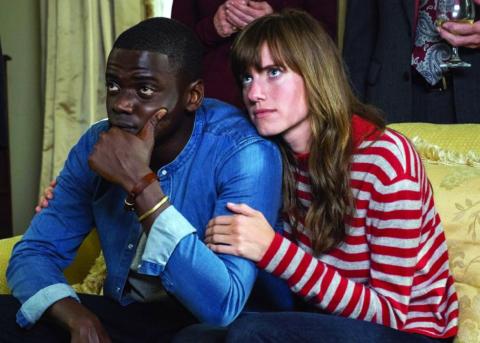
Get Out opens with a familiar horror-movie trope. Someone walking alone down a dark street stalked by a mysterious force. That the setting is an idyllic suburb, the someone is a young, increasingly panicked black man, and the predator is driving a white car gives the scenario an unmistakable reality. The scene grows disturbing. You may flash on Trayvon Martin. That the black youth is not shot but rather abducted is a dreamlike condensation of the movie to come.

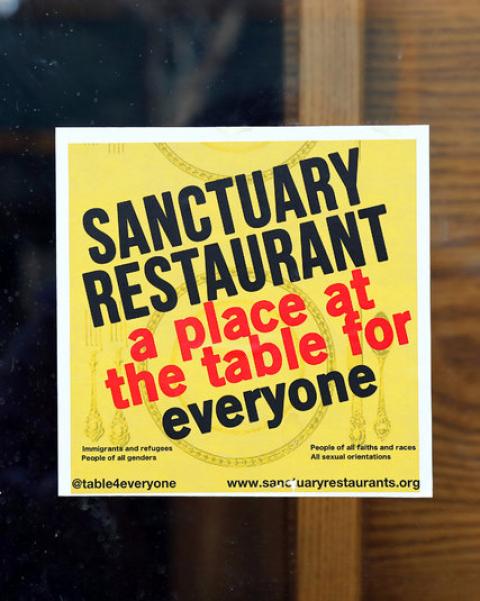

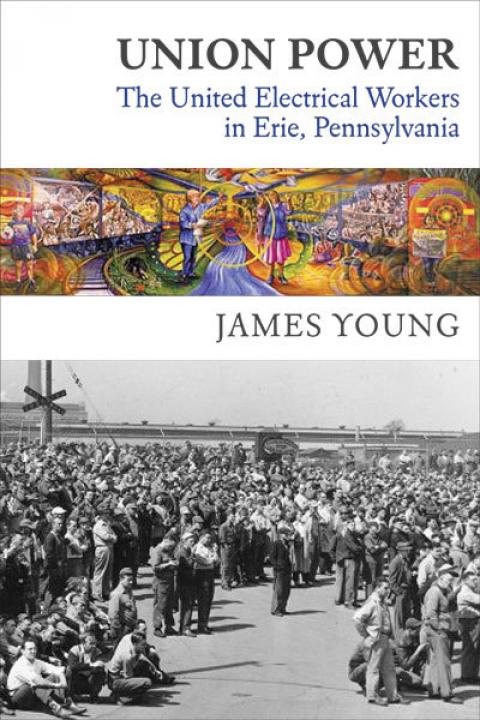

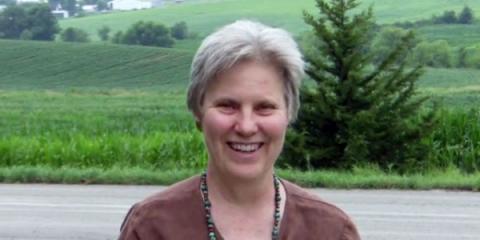

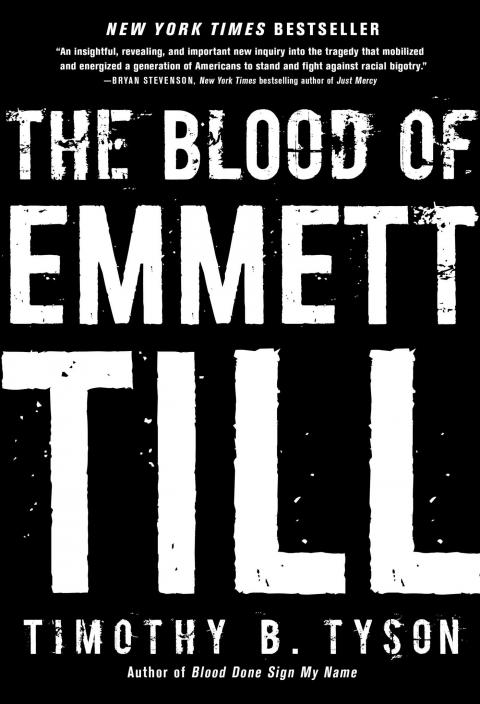
Spread the word